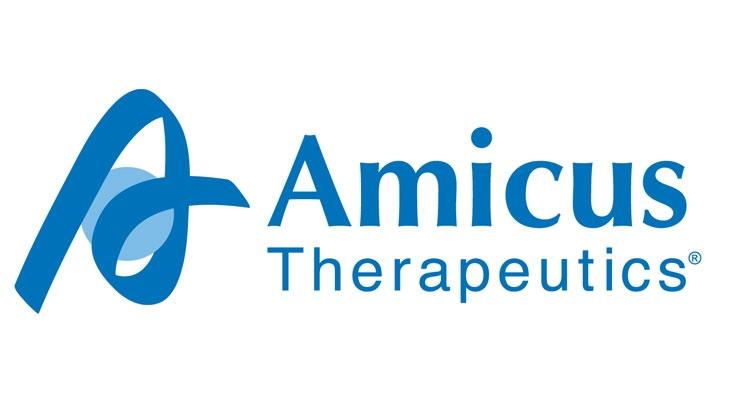Shares of small cap biotech companies involved in rare disease cures are trading higher after peer Amicus Therapeutics (FOLD) announced this morning that the FDA informed the company that it may now submit an NDA for Fabry disease treatment migalastat.

FDA REVERSES PRIOR DECISION: In late Noveber 2016, shares of Amicus plunged after announcing that the FDA would not consider approving migalastat, ruling out a quick approval path. Amicus said in a statement at the time, “Following several collaborative discussions with the FDA, including the receipt of final written minutes from an in-person Type B meeting, the company plans to collect additional data on gastrointestinal symptoms in Fabry patients who have an amenable mutation.” Following last year’s FDA decision on migalastat, Cowen analyst Ritu Baral lowered her price target on Amicus to $12 from $15, noting that data from a new trial is not expected till 2019. In a statement earlier today, Amicus said it plans to submit a new drug application, or NDA, to the FDA for the oral precision medicine migalastat for Fabry disease in Q4. Based on a series of discussions with, and written communication received from, the FDA, the agency has informed Amicus that it may now submit an NDA for migalastat. “I am very pleased that Amicus plans to submit the NDA for migalastat in the fourth quarter,” said Jack Johnson, Founder and Executive Director of the Fabry Support & Information Group. “With significant unmet needs and a lack of treatment choices for people living with Fabry disease in the U.S., we may be one step closer to a new oral therapy. Amicus has been a true partner for the Fabry community for more than a decade, and I look forward to potentially having a new oral precision medicine available to patients with amenable mutations in the U.S.” Migalastat is an oral precision medicine intended to treat Fabry disease in patients who have amenable genetic mutations. Migalastat works by stabilizing the body’s own dysfunctional enzyme, so it can clear the accumulated disease substrate in patients who have amenable mutations. An amenable mutation is one that is responsive to therapy with migalastat based on a proprietary in vitro assay. Amicus estimates that 35%-50% of Fabry patients globally may have amenable genetic mutations.












Leave A Comment